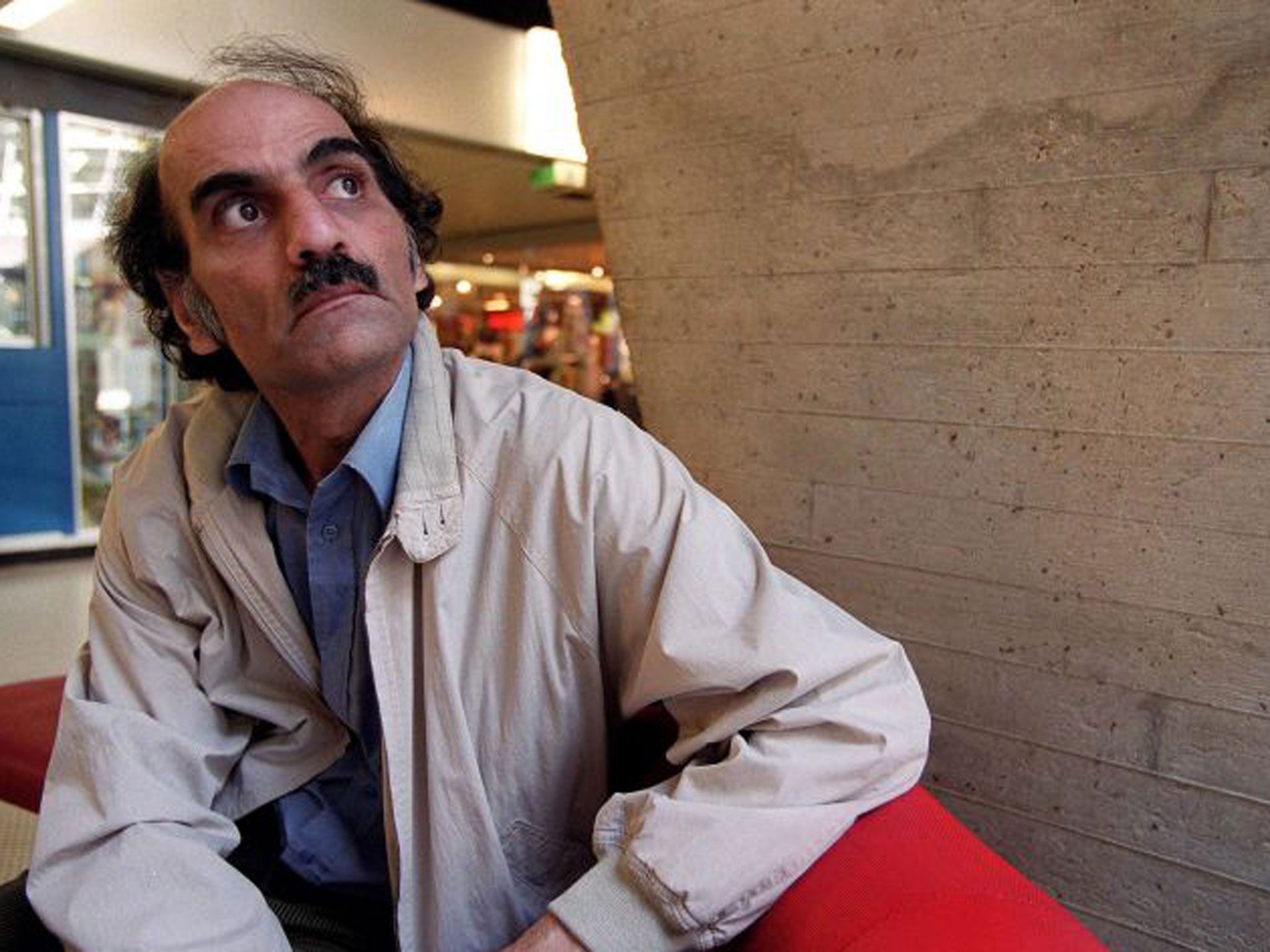NSA whistleblower Edward Snowden: Like living in a parallel universe - the weird world of the airport transit zone
Simon Calder describes the netherworld that the fugitive now calls home

Your support helps us to tell the story
From reproductive rights to climate change to Big Tech, The Independent is on the ground when the story is developing. Whether it's investigating the financials of Elon Musk's pro-Trump PAC or producing our latest documentary, 'The A Word', which shines a light on the American women fighting for reproductive rights, we know how important it is to parse out the facts from the messaging.
At such a critical moment in US history, we need reporters on the ground. Your donation allows us to keep sending journalists to speak to both sides of the story.
The Independent is trusted by Americans across the entire political spectrum. And unlike many other quality news outlets, we choose not to lock Americans out of our reporting and analysis with paywalls. We believe quality journalism should be available to everyone, paid for by those who can afford it.
Your support makes all the difference.As Edward Snowden will have discovered by now, the airport transit lounge constitutes the most superficial travel experience on the planet.
The former US security official, wanted by Washington for treachery, is thought to be between flights (and between jobs) at Terminal F at Moscow’s Sheremetyevo airport – a particularly depressing example of suspended animation.
These days, a corner of every foreign airport is forever Ireland. Moscow’s main aviation hub acquired its first Irish pub over 20 years ago, and now has at least three taverns dispensing faux bonhomie. Those who prefer to go Dutch can visit the Rembrandt Bar which “reproduces the style of Holland, the country of flowers and canals”.
Ironically, the Netherlands’ aeronautical hub, Schiphol, is one of the few airports in which the transit traveller can enjoy an uplifting time on the ground. An outpost of the Rijksmuseum offers anyone changing planes the chance to escape the 21st century briefly in favour of the Dutch golden age. The only surprise is that, on average, only 500 of the 140,000 daily passengers find their way to the elegant gallery between E and F piers to immerse themselves in the genius of the Old Masters.
A boarding pass marked SIN will take the transit traveller on an 11-hour flight from Amsterdam to the airport that offers the most complete holiday experience. Had Mr Snowden flown south from Hong Kong, he would have found it easy to fill the long days of transportational twilight.
Passengers changing planes in Singapore can enjoy Scandinavian levels of social care, including a free 15-minute foot massage. The airport has its own nature trail, encompassing a rooftop cactus garden, koi ponds and a tropical butterfly habitat. While the nearest beach is a 10-minute landside taxi ride away, transit passengers can take the plunge in a rooftop swimming pool. Anyone spending S$10 (£5) in the Singapore shops qualifies for a free ride on what is claimed, at 40ft, to be “the world’s tallest slide in an airport” – not a category for which there is fierce competition.
For passengers with five hours or more between flights, there are free city tours. After a 20-minute bus journey to the heart of the city state, jet-lagged travellers are invited to stroll unchaperoned around the colonial quarter; so far, none is reported to have absconded.
A sightseeing trip is not on the agenda for Mr Snowden. He was permitted to spend the first 24 hours at the airport without formality and is now thought to possess a Russian Federation transit visa issued by the airport’s own duty consul. Using such a document, the Iranian human-rights activist Zahra Kamalfar spent over nine months at the airport until Canada granted her asylum.
Another Iranian, Mehran Karimi Nasseri, spent 18 years at Terminal 1 of Paris’s Charles de Gaulle airport. His story inspired the film The Terminal, which in turn helped perpetuate the myth that transit lounges are diplomatic no man’s lands. In fact, they are areas in which the authorities are prepared temporarily to tolerate the presence of individuals with no intention of remaining in the country. If the Russian state wanted to apprehend Mr Snowden, it could do so – but it appears that the Kremlin has some interest in his remaining in passenger purgatory.
Join our commenting forum
Join thought-provoking conversations, follow other Independent readers and see their replies
Comments